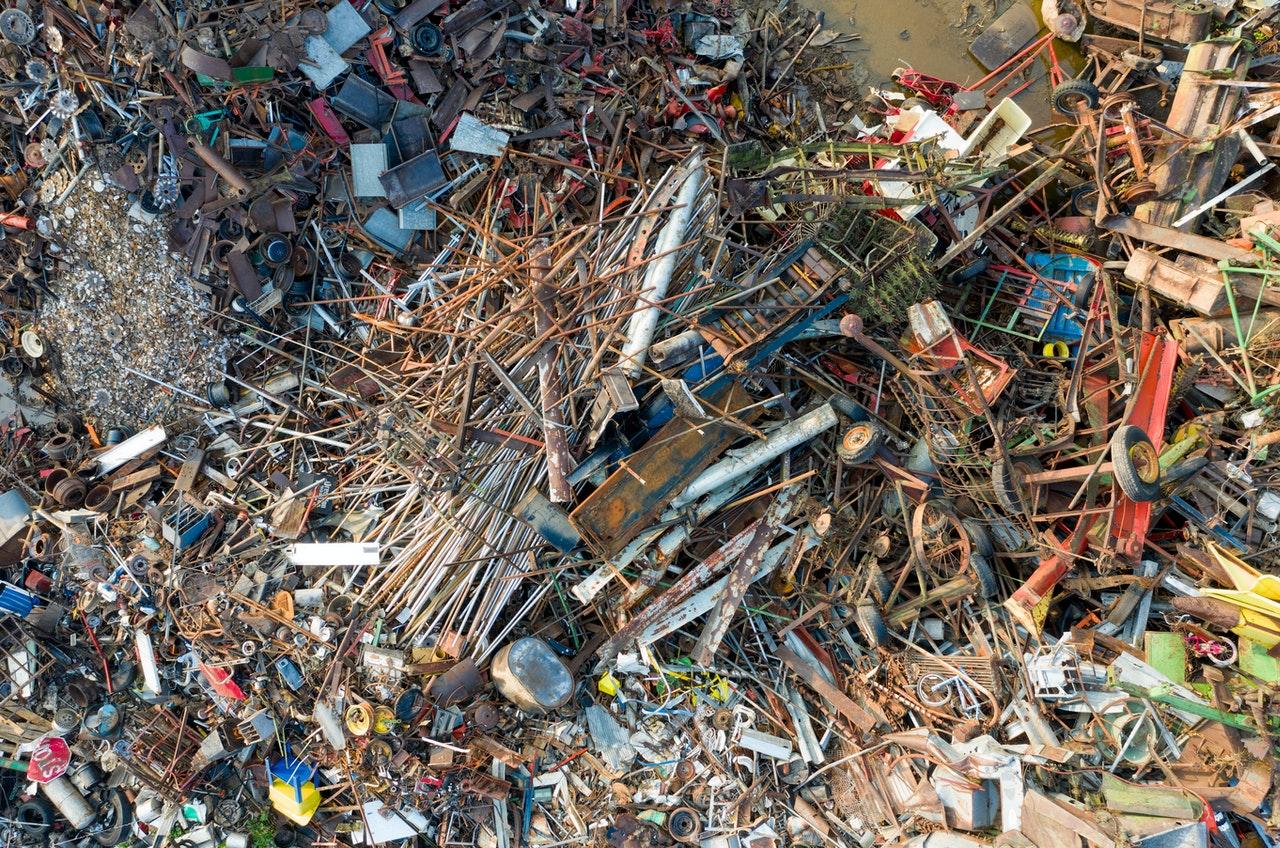
When you have old furniture and appliances stored in your attic or garage, chances are you have a good source of scrap metals. Today, more people are aware of recycling and its contributions to you, the community, and various industries. You are also helping the environment to heal a bit.
You can recycle various materials, and recycling your pile of unused and unrepaired items in your home can make your place clean and organized. For example, you can recycle different parts of appliances and furniture, donate other things, or throw away those that cannot be fixed or do not have any more value.
Given these broad reasons, you can understand why recycling is crucial and that you can recycle different materials. For this article, we will discuss the importance of recycling metal.
What is metal recycling?
Metal recycling is a method of recovering and processing scrap metal from structures, products, and manufacturing scrap, which can be used later as a raw material to produce new items. Metals remain stable and can withstand repeated recycling without degrading their inherent properties. Recycling provides manufacturers with raw materials with a much lower carbon footprint while utilizing resources more efficiently. Furthermore, recycling fuels the economy and provides jobs. Recyclable metals include iron, stainless steel, aluminum, zinc, and copper. In addition, computers contain small amounts of precious metals such as platinum, silver, palladium, and gold.
Why is recycling metals important?
Broadly, recycling metals matter to people, industries, and the economy. Let us look at the reasons in detail.
- Recycling helps conserve natural resources. For example, you do not need to produce virgin or new metal when you recycle. Therefore, it helps preserve various natural resources such as iron ore and coal, which manufacturers use to make metals. Besides preserving coal, recycling also minimizes the use of coal, which is one of the top contributors to greenhouse gas emissions. In 2021, it accounted for 40 percent, equivalent to 15.3 billion tons of CO2 emissions worldwide.
- Minimize the need for new materials. Metals are easy to recycle without altering their original properties; thus, they help keep a constant supply of raw materials. By recycling metals, industries do not need new metals unless there is a significant rise in demand. Metal recycling facilities accept various metals because they understand that there would be no change in their value, except the toxic (mercury and lead) and radioactive (plutonium, uranium) metals.
- Counterbalance the carbon emissions of your business. Many companies are already recycling their raw materials to achieve their ”zero to landfill” goals. Metal recycling is a worthwhile environmental alternative to other methods of metal disposal, as it minimizes gas emissions, reducing air pollution significantly.
- Reduced production costs save money. Companies recycle scrap metal because there are financial incentives when they comply. Moreover, it is cheaper to recycle metal than produce new ones. With lower production costs, recycled metals become more affordable.
With the reasons mentioned above, you understand the importance of metal recycling. However, remember to segregate the metals you want to recycle before bringing them to the recycling facility or having the scrap metals picked up.